
Chairman interview | JHJ industrial Sprite: written in sugar-free "national plan" sweet
Release time:
2019-09-04
Source Shanghai Securities News
In his 1985 book, "Sweet and Power: Sugar's Place in Recent History," Sidney Mintz, the "father of food anthropology," pointed out that sucrose is a "two-faced animal" : an excellent provider of calories, and an addictive overdosing problem that causes many diseases.
People realize the harm of sugar, sugar substitute products came into being. In the field of sweeteners, Jinhe Real industry production capacity is the world's leading: Acesulmi annual output of 12,000 tons, in the world's absolute leading position; The annual output of sucralose is 3000 tons, ranking the second in the world. The project of 5000 tons is planned to be invested in the second phase. If the production is successfully achieved, it will rank the first in the industry.
A few months ago just from his father took over the burden of Jinhe Industry chairman Yang Le to "vicissitudes of life do not change, do not change, years do not change, true feelings do not change" sixteen words as wechat personal signature, and this is the epitome of the development of Jinhe industry: the market value of the global sweetener leading, experienced several strategic adjustment and self-transformation.
"Joy" in the blue sea boundless
"We just had a senior vice president from Coca-Cola headquarters here last week looking to further cement the relationship." Talking about it, Yang Le is proud. Jinhe Industry is the sweetener supplier of Coca Cola. As long as you drink Coke Zero or Diet Coke under Coca Cola, you will enjoy the sugar-free sweet life created for you by Jinhe.
In its just-disclosed half-year results, Coke reported net revenue of $10 billion in the second quarter, up 6% from a year earlier, helped by another round of double-digit sales growth for its sugar-free products around the world.
From the manufacturer's point of view, the improvement of sweetener formula can not only optimize the taste, but also produce the same sweetness, the cost of adding sweetener is about 5% of sucrose, which has obvious cost advantage compared with sucrose. Coke, for example, contains about 9 grams of sugar per 100 milliliters. A 500 milliliter bottle contains 45 grams of sugar. Calculated at a price of 5.4 yuan per kilogram of sucrose, the added cost of sucrose in a 500-ml bottle of Coke priced at 3 yuan is about 0.24 yuan, accounting for 8 percent of the retail price. If sucralose is used as the source of sweetness, it only costs 0.015 yuan, accounting for 0.5% of the retail price of Coke, and sucralose has a significant cost advantage.
When Yang returned from studying in the United States in 2012, there were few sugar-free, low-sugar products on the food and beverage shelves in China, and no sugar-substitute sweet flavoring options in coffee shops. Seven years on, the awareness of sugar reduction among domestic consumers is gradually increasing.
"Coke has been nicknamed 'Happy Water for fat nerds' on the Internet because the traditional fizzy drink is high in sugar. The sugar stimulated dopamine release makes you happy, but also makes you fat. Now many slim body building people, will put Coke as' forbidden '. Sugar, you can say no, but who says no to dopamine?" Yang Le said with a laugh, those who order a cup of milk tea but also choose the whole sugar, half sugar or three sugar and struggle with the consumer group, it is the blue sea found by Jinhe.
Sweeteners will further replace sucrose and high fructose syrup, driven by increasing demand from consumers for lower sugar consumption and cost reduction by beverage and food manufacturers. New sweeteners such as acesulfamil and sucralose, the flagship products of Jinhe Industry, are expected to gradually replace traditional sweeteners such as saccharin and cyclamate by relying on their advantages of safety and taste closer to sucrose. This segmented industry has broad prospects for development.
"Sweet" into thousands of households
Yang Le hope Jinhe industry from behind the scenes to the front, a step closer to consumers. "The original Jinhe only do food additives raw material supplier, now over the intermediate link, into the retail market, facing the C end."
LeSweet, a sweet seasoning brand independently incubated by Jinhe Industry, was launched on Taobao, Jingdong and other e-commerce platforms in early July, featuring the concept of "0% sugar, 0% fat and 0% calories".
"We bring sugar substitute products that bring happiness to our customers without the burden of becoming a fat person." Yang Le introduced, considering the use of the scene and user inertia, the company specially adjusted the product formula: After thousands of experiments by the R&D team, the combination of erythritol, stevia, sucralose, resistant dextrin and other top raw materials at home and abroad has finally made the sweetness ratio of Philosweet products to white sugar 1:1, and the taste is infinitely close to white sugar, without the odor of traditional sugar substitute products. The design makes it easier for users to iterate on sweet flavorings, frying and baking with as much granulated sugar as they used to.
"We hope to be the first to eat crab in the domestic market, not only selling healthy and safe sugar substitute products, do a good job of users sinking, open the market; More importantly, we need to educate consumers on sugar reduction so that the public can have a healthy and sweet choice.
On July 15, 2019, The State Council issued the "Healthy China 2019-2030" development Plan, which encourages the whole society to reduce salt, oil and sugar, and promotes the construction of a food nutrition standard system. In Yang Le's opinion, with the guidance of relevant national policies, the sugar replacement retail industry has great potential.
According to the Guidelines on Sugar Intake for Adults and Children issued by the World Health Organization in 2015, free sugar intake for adults and children should be reduced to less than 10% of total energy, preferably less than 5%, which translates to about 25 grams per day. At present, the average Chinese person consumes 50 to 60 grams of sugar per day, far exceeding this standard.
In addition to ordinary people who choose sugar-substitute products to achieve the target of sugar reduction, there are also some diabetic patients whose rigid sweet eating needs will also be met. According to data released by the United Nations World Health Organization at the end of 2018, about 110 million adults in China have diabetes. In the comments section of the online sale, many people said that they were diabetic or had family members with diabetes, and that Philharmonic sweetened their taste.
"Create" a broad world
He, Jiagu also. February begins to grow, August ripen, in the four seasons, the sum of Yin and Yang. Jinhe Industry in order to greater harvest, has been self "fertilization", evolution, beyond.
In November 2017, the company signed the "Jinhe Industrial Circular Economy Industrial Park Project Framework Agreement" with the Dingyuan County Government of Chuzhou City, intending to build a circular economy Industrial park in Dingyuan Salt Chemical Industrial Park. At present, the joint generation project with an annual output of 10,000 tons of furfural, 40,000 tons of sulfoxide chloride and 30 megawatts of biomass thermoelectricity has been completed and entered the commissioning stage, and the capacity will be further released by the end of the year. In the future, the company will continue to build a project with an annual output of 10,000 tons of furfural and its downstream products, and introduce two new flavor varieties -- furanone and Jialet Musk, which have carried out the first EIA publicity. After the production, sucralose and maltol will form an upstream and downstream integrated industry chain, further reducing the cost. From the perspective of sucralose alone, the cost of sucralose will be more than 20% less than that of its peers after the company further realizes industrial chain integration based on the original production process and technological advantages.
In the production of chemical products, acids and bases are used, which in turn produce hazardous wastes such as sodium chloride. Sodium chloride, also known as waste salt, can only be used to landfill mines. Jinhe Industry through the optimization of the industrial chain, the waste purification after use, can also be sold to fertilizer plant to create benefits. Despite the upfront cost of the equipment, Yang said the company's vision is to produce products that are "environmentally friendly and realize a circular economy."
A long view is appropriate. For the future development of the enterprise, Yang Le has his own plan - "first imitate, then catch up, to lead. All three of these steps require self-transformation." Among them, innovation is key.
I went to Japan in May to visit chemical and material companies. One of them, Ube Chemical, impressed me the most. It first dug coal, later developed coal chemical industry, extended the industrial chain, production of bulk chemical raw materials, continuous research and development, continuous deepening, upgrade production of fine chemicals. Now we are taking it a step further and collecting electronic materials in this area, including semiconductors and new energy electrolye." Yang Le said, Jinhe started with fertilizer, after "fertilizer, chemical development", steady growth for a period of time. Around 2009, the company focused on chemical industry, emphasizing the coordinated development of basic chemical industry and fine chemical industry, and "left out chemical fertilizer". Benefiting from the strategic adjustment to improve the product mix, the company's net profit to the parent increased from 136 million yuan in 2012 to 910 million yuan in 2018. "In the future, Jinhe Industry will refine the field of fine chemical industry, further deepen the industrial chain of basic chemical industry, and increase the added value of products."
In 2011, Jinhe Industry had 270 million yuan cash to Huertai Chemical capital increase. In May 2017, in order to reduce the proportion of basic chemical business, the company transferred 55% of the shares held by Huertai Chemical to 340 million yuan. The divestment of Waltel underscores the company's commitment to fine chemicals.
Yang Le told his research and development team: "If there is any risk, I will control it. If there is any responsibility, I will bear it. A small test equipment imported from Japan, RMB 2 million, buy. Maybe you can't get results after 3 years of experiment, it doesn't matter, do it!"
"Who wouldn't want flowers and applause? But I am willing to hope and trust for the long-term future." Yang Le's eyes were full of determination.
Related news

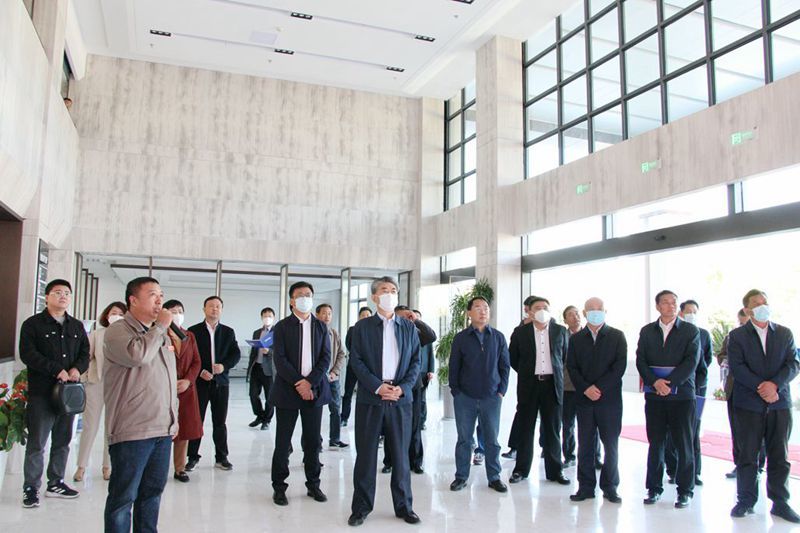
![[Deepening cooperation and writing a new chapter] Jinhe Industry and Dingyuan County People's Government held the signing ceremony of "Jinhe Industry Dingyuan County Phase II Project" [Deepening cooperation and writing a new chapter] Jinhe Industry and Dingyuan County People's Government held the signing ceremony of "Jinhe Industry Dingyuan County Phase II Project"](https://omo-oss-image.thefastimg.com/portal-saas/pg2025082214021798419/cms/image/98711c0d-d505-4277-aa40-e8910450cb69.jpg)
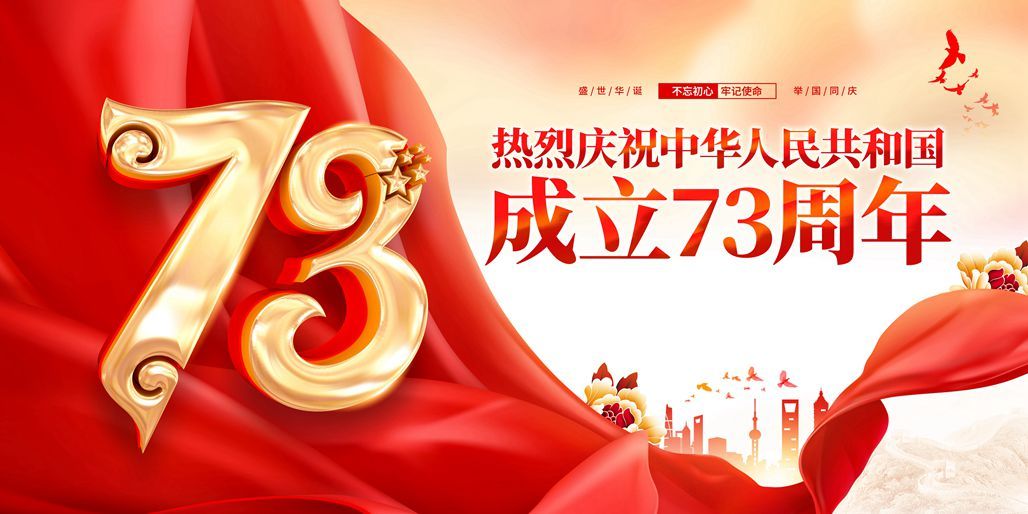
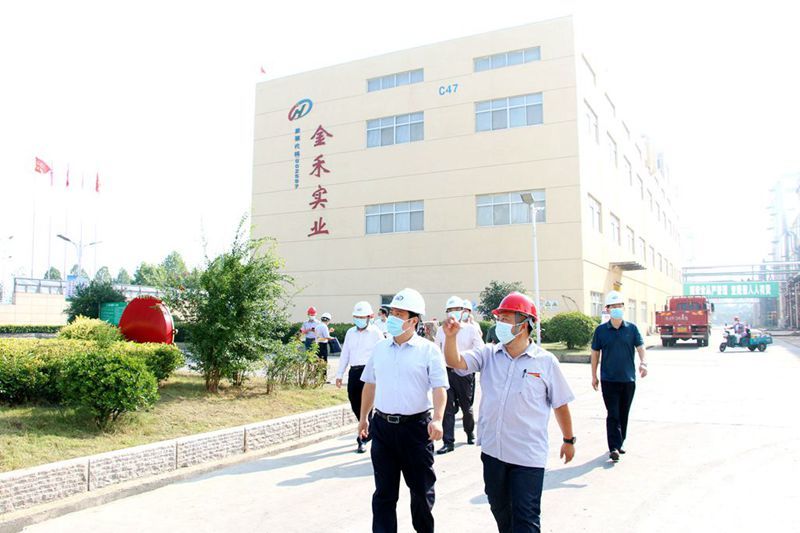
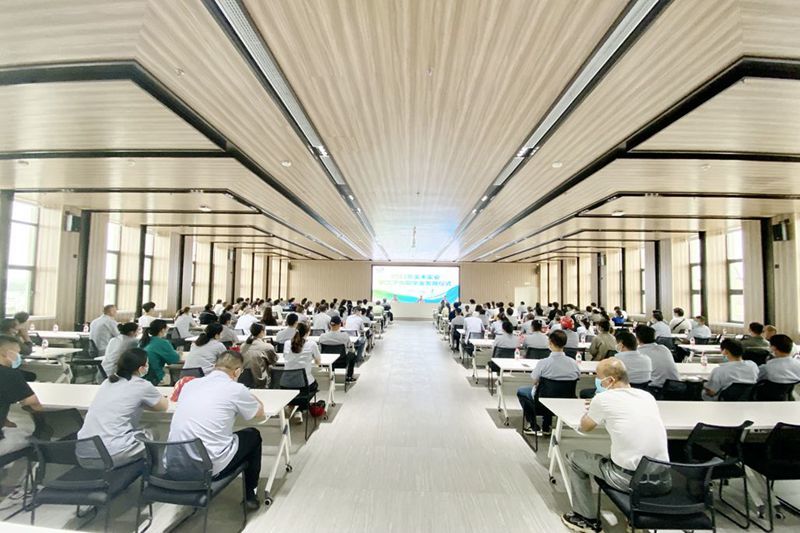
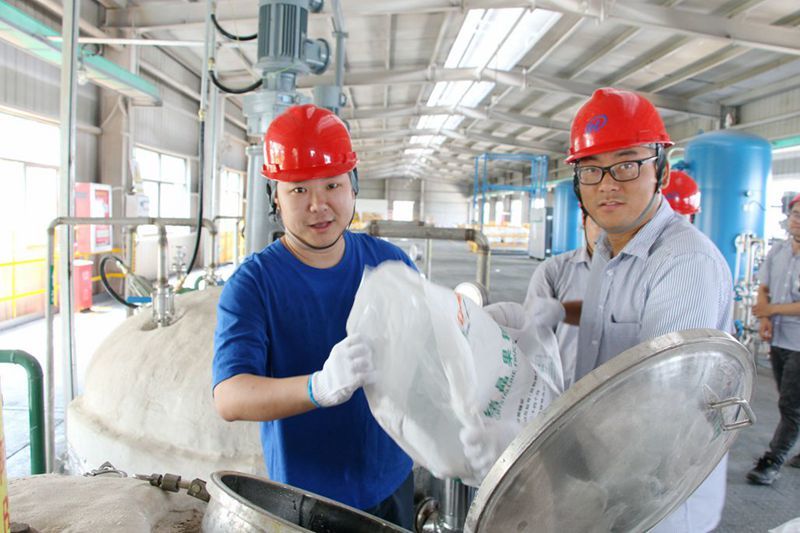

 0550-5619509
0550-5619509